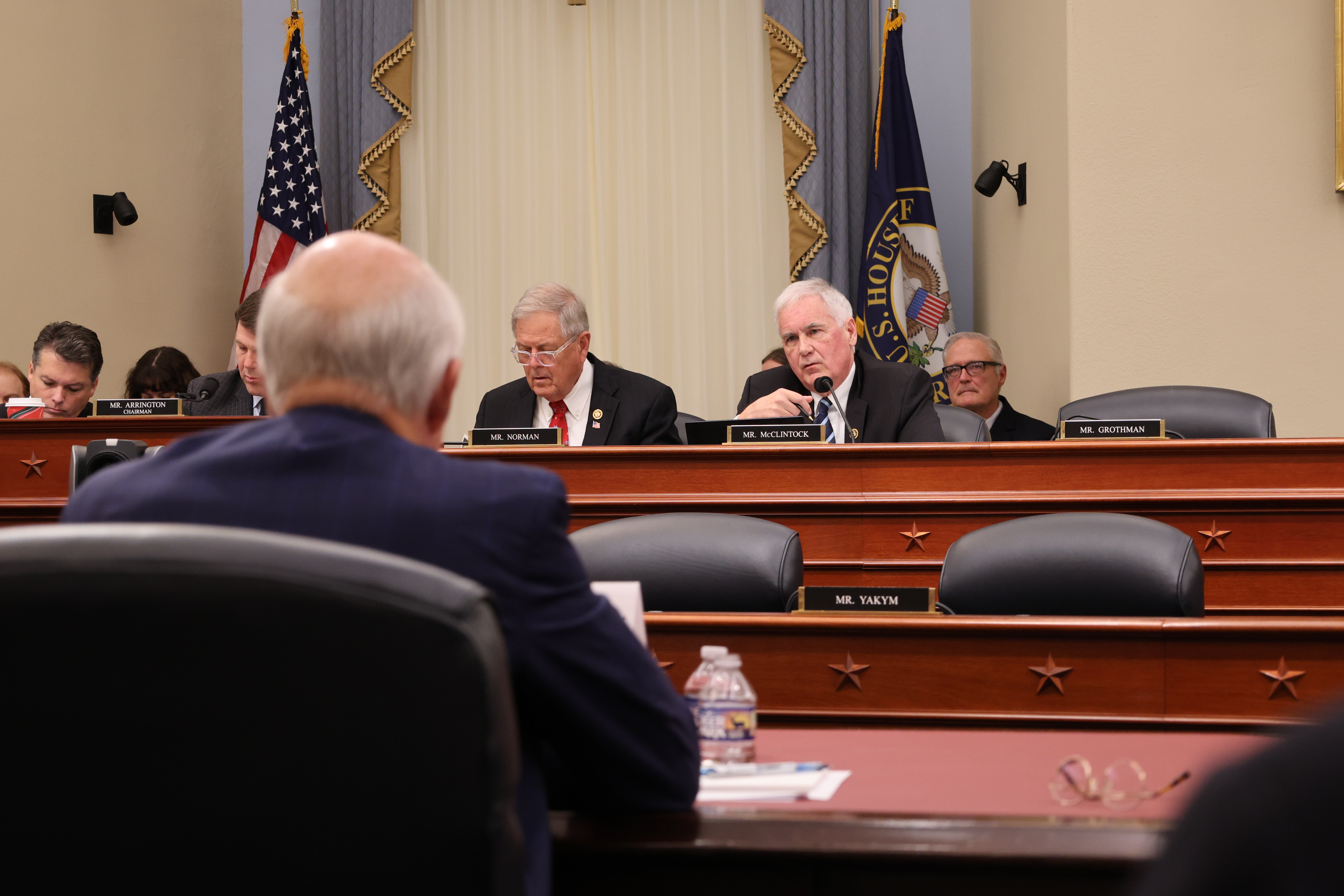Fiscal Accountability Measures: House Budget Committee Hearing Examines Pathways to Reverse Looming U.S. Fiscal Crisis
WASHINGTON, D.C. – Yesterday, House Budget Committee Chairman Jodey Arrington (R-TX) and members of the Committee held a hearing entitled “Sounding the Alarm: Pathways and Possible Solutions to the U.S. Fiscal Crisis” to examine the sweeping implications of our nation’s $36 trillion dollar national debt while exploring reform proposals designed to combat a looming U.S. fiscal crisis.
Find some key moments from the hearing below:
Chairman Jodey Arrington (R-TX):
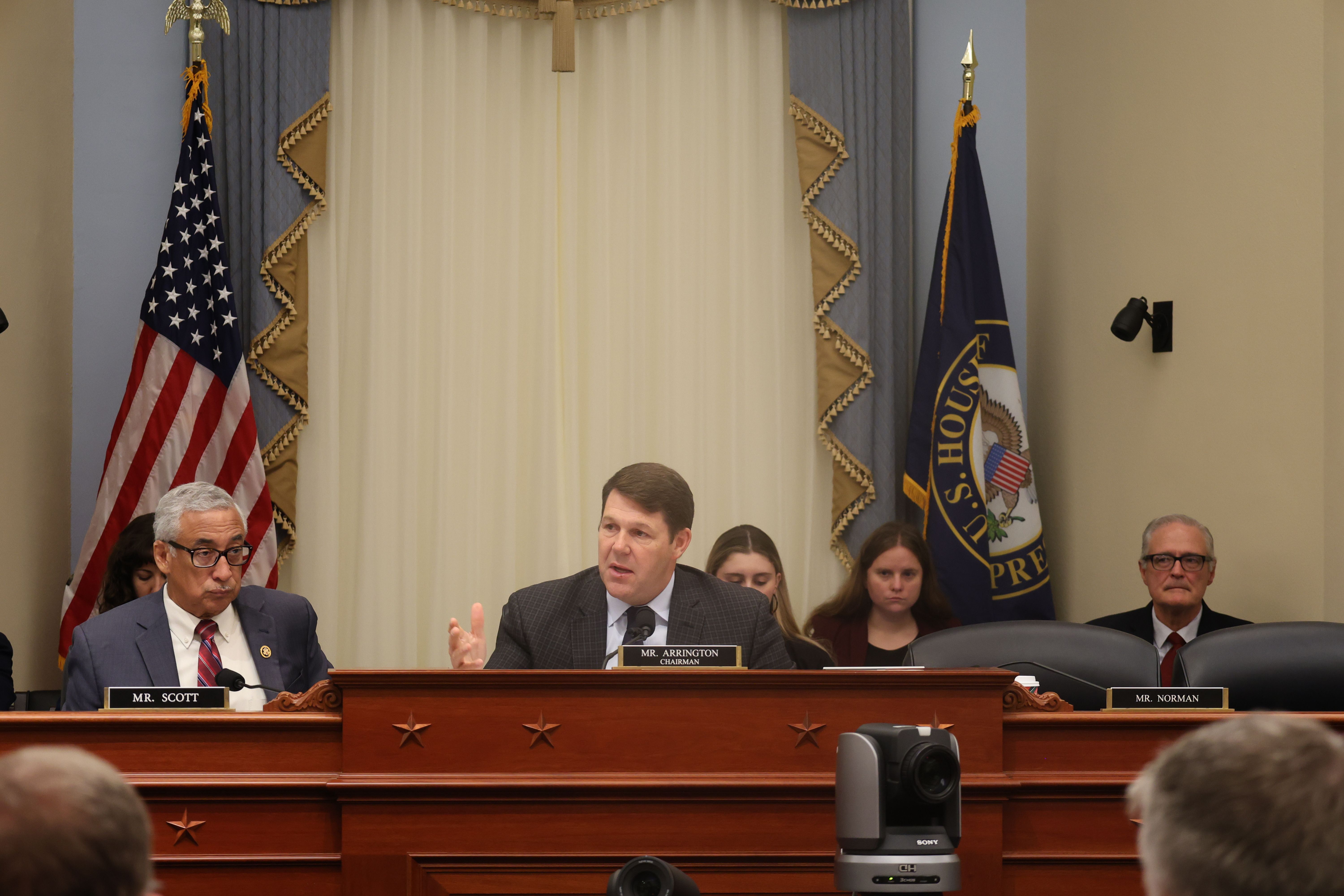
Click HERE to watch Chairman Arrington’s remarks
“Explain what happened [concerning a convention of the states]. What's supposed to happen that didn't happen, and what do we need to do to make sure that that grievous error never happens again?”– Chairman Arrington
“Under Article V, it says that if two-thirds of the states, at present 34, file an application for a Convention of States to propose one or more amendments, then Congress shall call the convention. I and a few other people have discovered that in 1979, 39 states, well more than the 34, had active applications for a Convention of States limited to a fiscal responsibility amendment. Of the 39, 30 were fiscal responsibility only. I'm here to tell you that several states are now planning to sue Congress for failure to call a Convention of States to propose a fiscal responsibility amendment.” – The Honorable David Walker
Rep. Tom McClintock (R-CA):
Click HERE to watch Rep. McClintock’s questioning
“The Ranking Member noted the catastrophic scourge of COVID on the world. He neglected to mention $3.7 million in National Institutes of Health (NIH) grants that funded the Wuhan Institute of Virology, the most likely origin of COVID. That was just a fraction of the hundreds of billions of dollars of grants that go out to every NGO under the sun every year that are rarely held accountable or grants that rob one community to pay for local projects in another. It seems to me this Committee ought to be looking at every one of these ludicrous expenditures.” – Rep. McClintock
Rep. Glenn Grothman (R-WI):
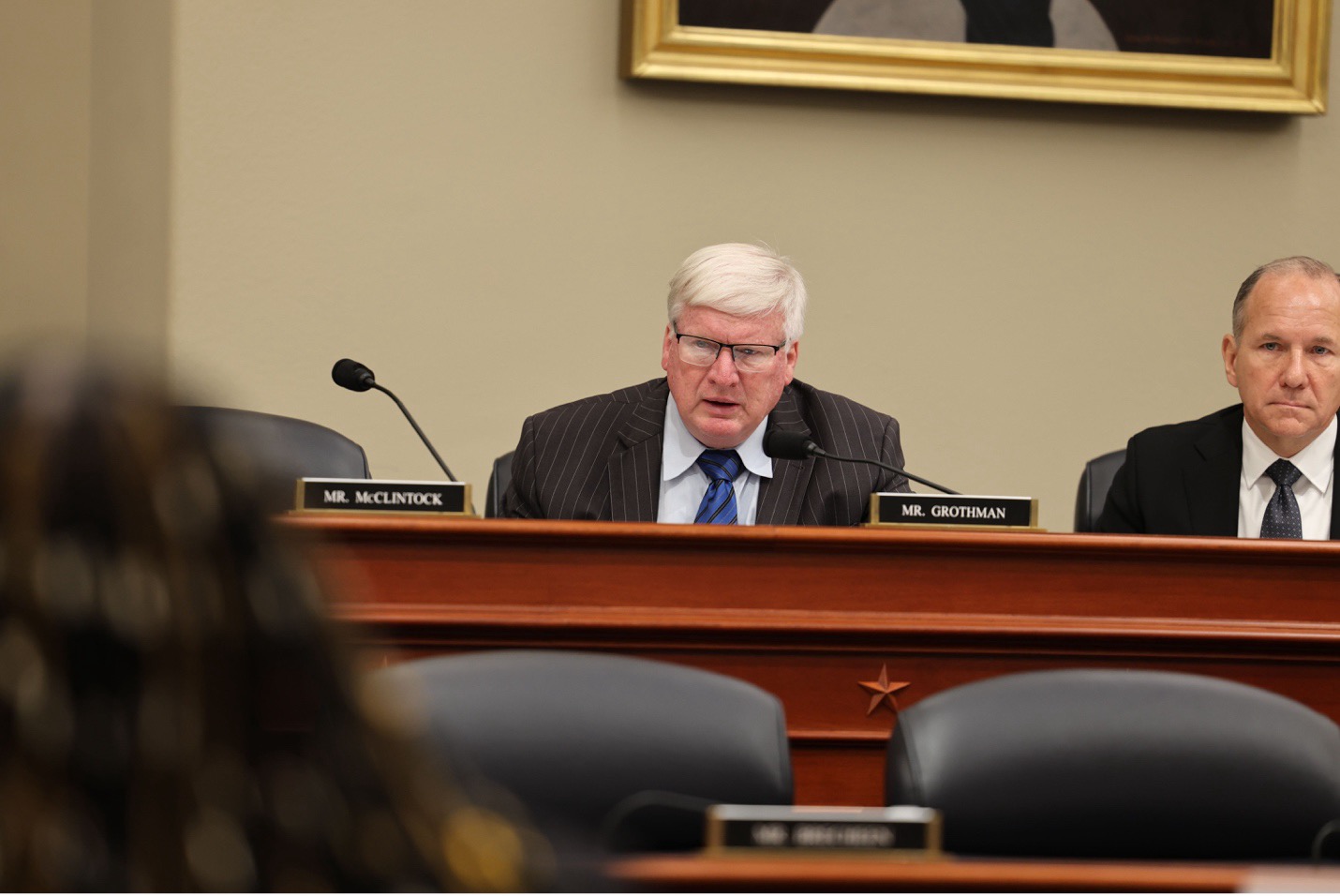
Click HERE to watch Rep. Grothman’s questioning
“When I came to Congress in 2015, Congress spent $1.1 trillion in discretionary spending. Last year, we spent $1.7 trillion, a 54 percent increase. Discretionary spending is largely not the type of spending that's going up because people are older. You don't have Medicare or Social Security in there. Can you comment on that 54 percent increase?” – Rep. Grothman
“There is an awful lot of wasteful spending in the discretionary accounts between those two periods you mentioned. The percent of GDP for discretionary spending is about the same, but that's something that Congress looks at on a sustained basis every single year. The rest of the budget, the other 74 percent of spending, and the 100 percent of revenue doesn't get that same kind of detailed treatment, review, and ability to change things.”– Mr. Kurt Couchman
Rep. Ron Estes (R-KS):
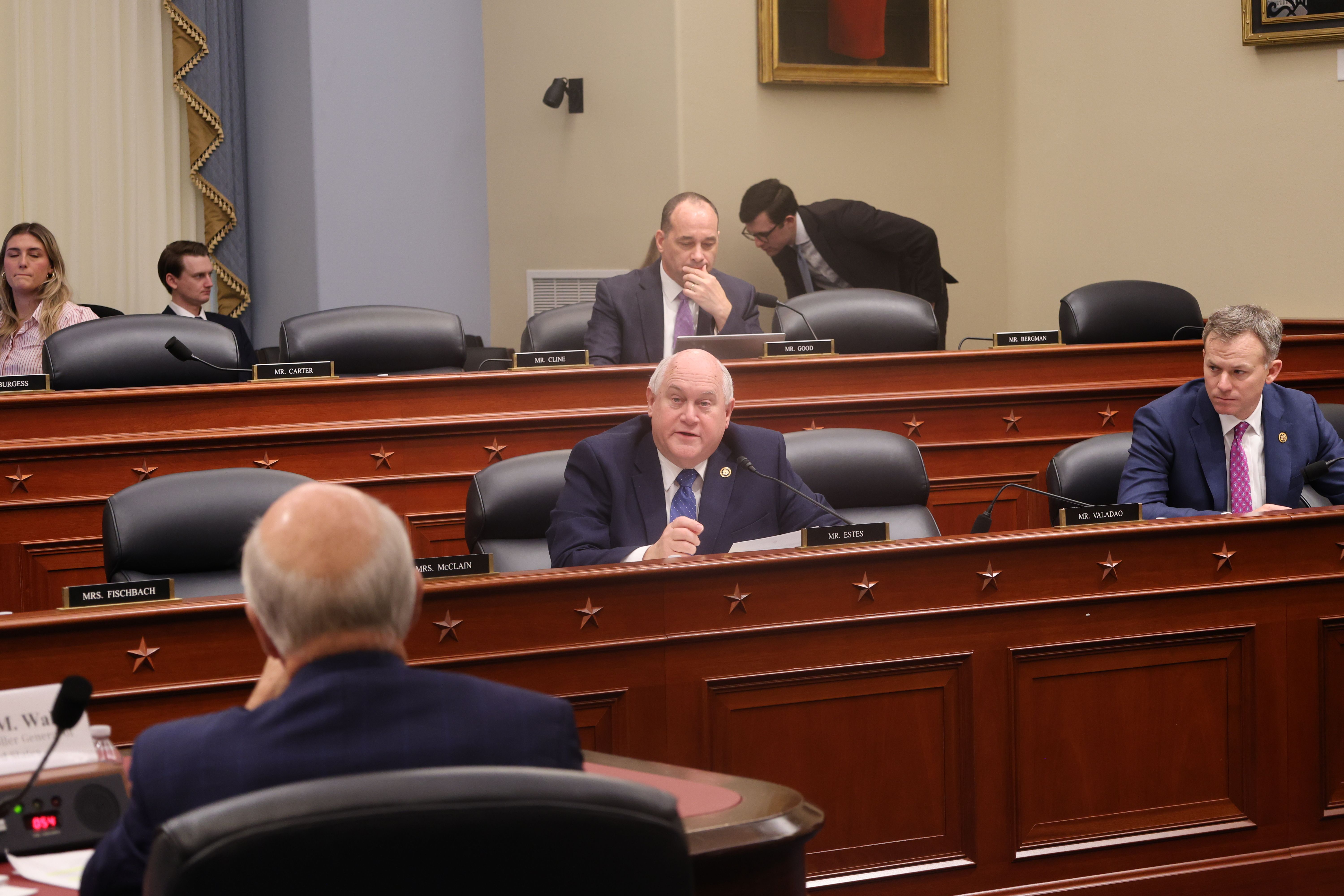
Click HERE to watch Rep. Estes’s questioning
“Since President Biden took office, there's been an additional federal cost of over $1.37 trillion just on new regulations that were since issued, about 45 times the calculated cost of President Trump during his first Administration, and about five times more than regulatory costs during the Obama Administration. Can you give us a sense of just how costly the unchecked executive branch rulemaking can be?”- Rep. Estes
“As far as I know, I’m the only federal agency head that has transformed and right-sized a federal agency in the 21st century. We did this at GAO, which is government-wide. We made it 15 percent smaller, 50 to 100 percent more productive, three times the outcome-based results, second best place to work in the federal government, and 95 percent positive rating for the toughest client on Earth, the U.S. Congress.” – The Honorable David Walker
Rep. Blake Moore (R-UT):
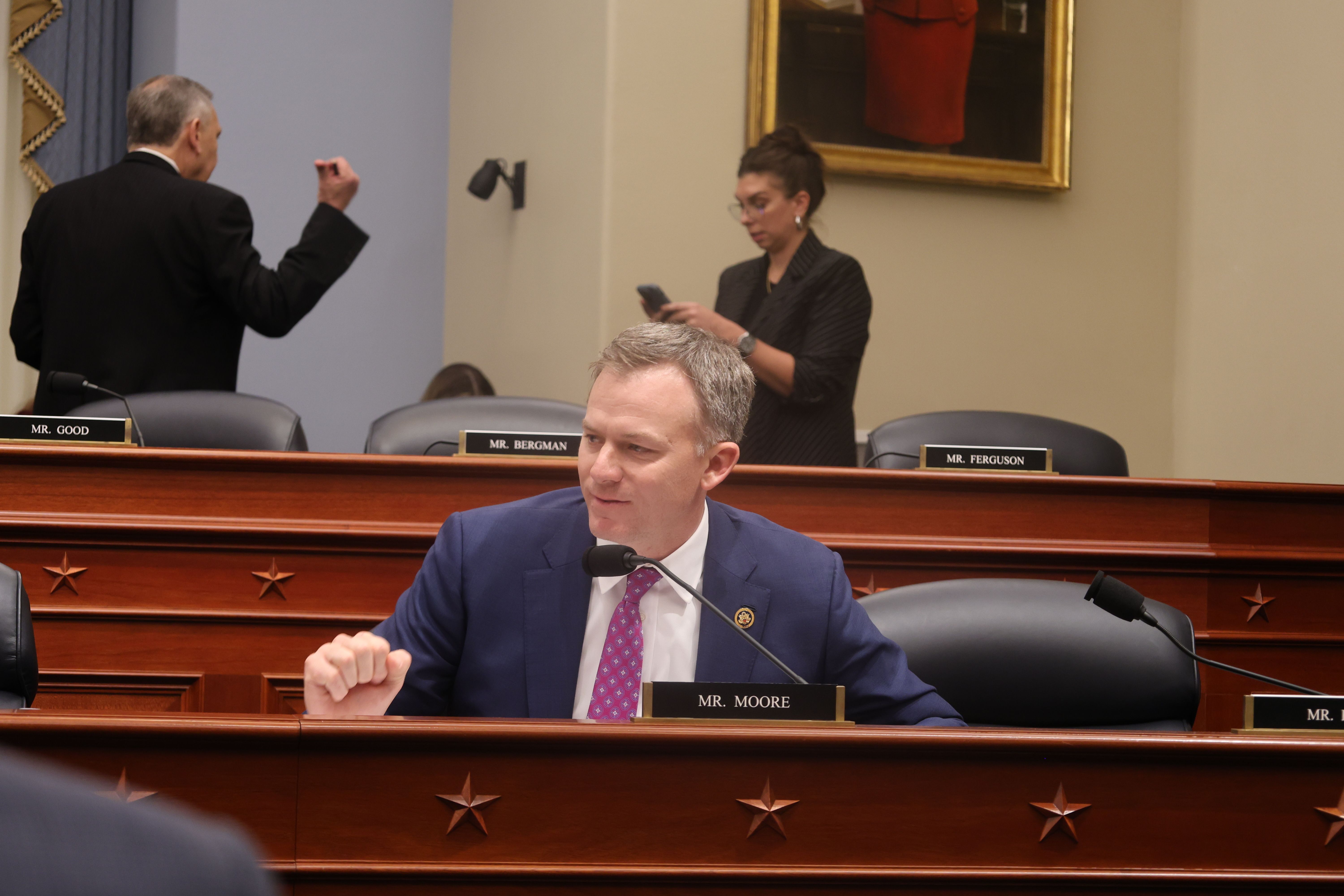
Click HERE to watch Rep. Moore’s questioning
“[The Comprehensive Congressional Budget Act of 2024] will force us to vote on the entirety of the budget. I do not understand what's wrong with that. I will take a Social Security vote. I will take a Medicare vote. I will vote on Medicaid. I will vote on everything. I don't want to just keep voting on a trillion and a half of a $7 trillion deficit. No matter what type of deficit reductions are done in reconciliation, if we can't fix the fact that we don't vote on the entirety of the budget as every state in the entire nation does, then we won't fix this.” – Rep. Moore
Rep. Chuck Edwards (R-NC):
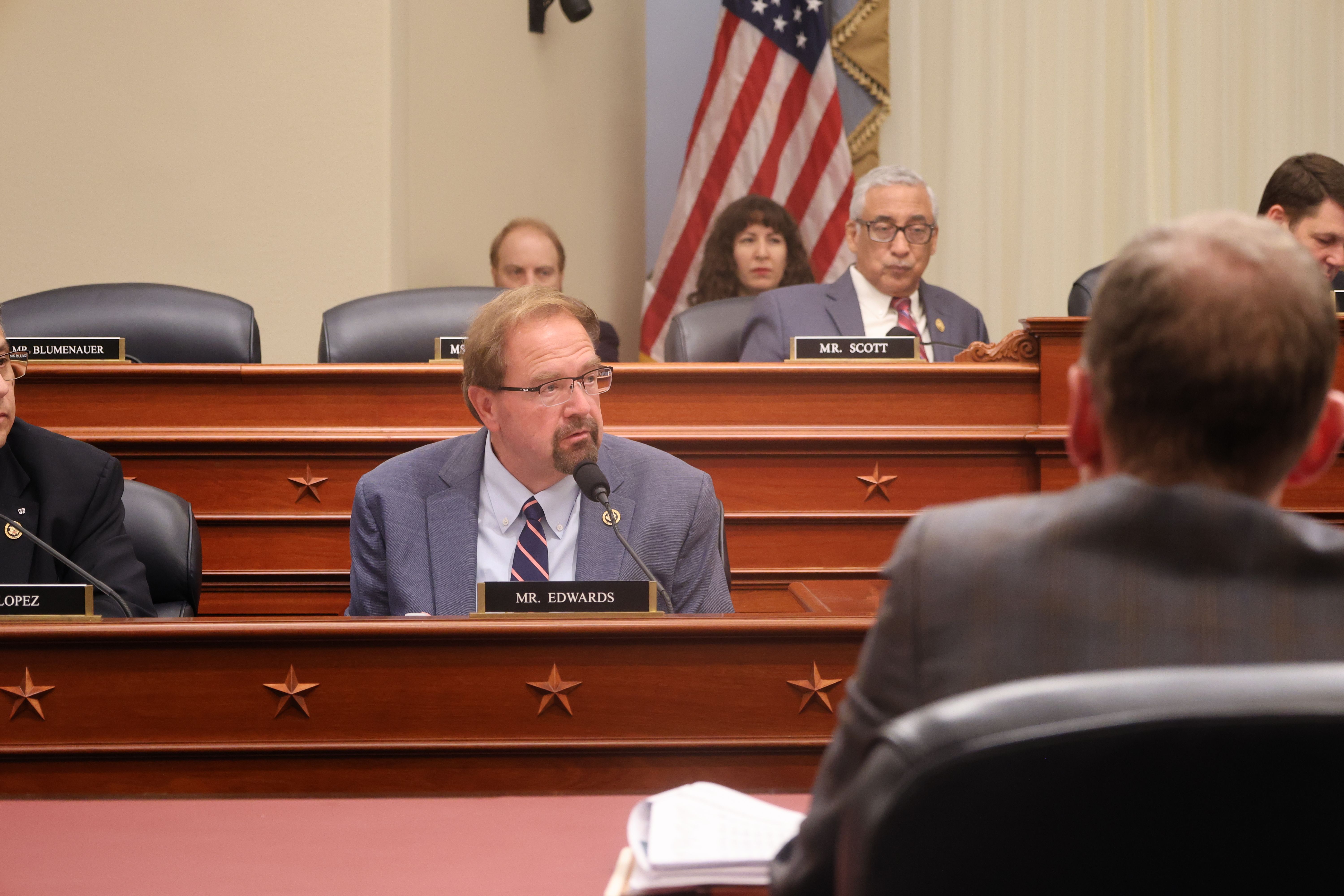
Click HERE to watch Rep. Edwards’s questioning
“The debt ceiling is only addressed on an as-needed basis, so members could go for multiple terms or retire without having to raise the ceiling for their previous spending decisions. Ultimately, members of Congress are able to vote for high-spending packages with few repercussions from the American people. What are the arguments for and against tying the debt ceiling to the appropriations process to improve the accountability of Congress?” – Rep. Edward
“We're the only major country on Earth that has a nominal debt ceiling. It hasn't constrained spending or constrained mounting debt levels. It doesn't tell Congress how to solve the numerator problem. It doesn't say how much of it is mandatory spending, how much of it is discretionary spending, or how much of it is revenue. We need more fundamental reform in this area, including understanding the difference between capital budgets and operating budgets." – The Honorable David Walker
The Bottom Line:
We must ensure that the country is on a fiscally sustainable path.
Given the United States’ mounting debt crisis, Congress must continue to consider all available fiscally responsible reform proposals that could assist in addressing the nation’s unsustainable debt and deficit spending.
Most U.S. States, alongside many developed nations around the globe, have successfully addressed forthcoming debt challenges through constitutional fiscal accountability measures, in addition to economic growth policies, and corresponding deficit reduction.
The House Budget Committee will continue to lead the charge in examining potential solutions and reform measures that will root-out wasteful federal spending and restore economic prosperity for all Americans once again.


